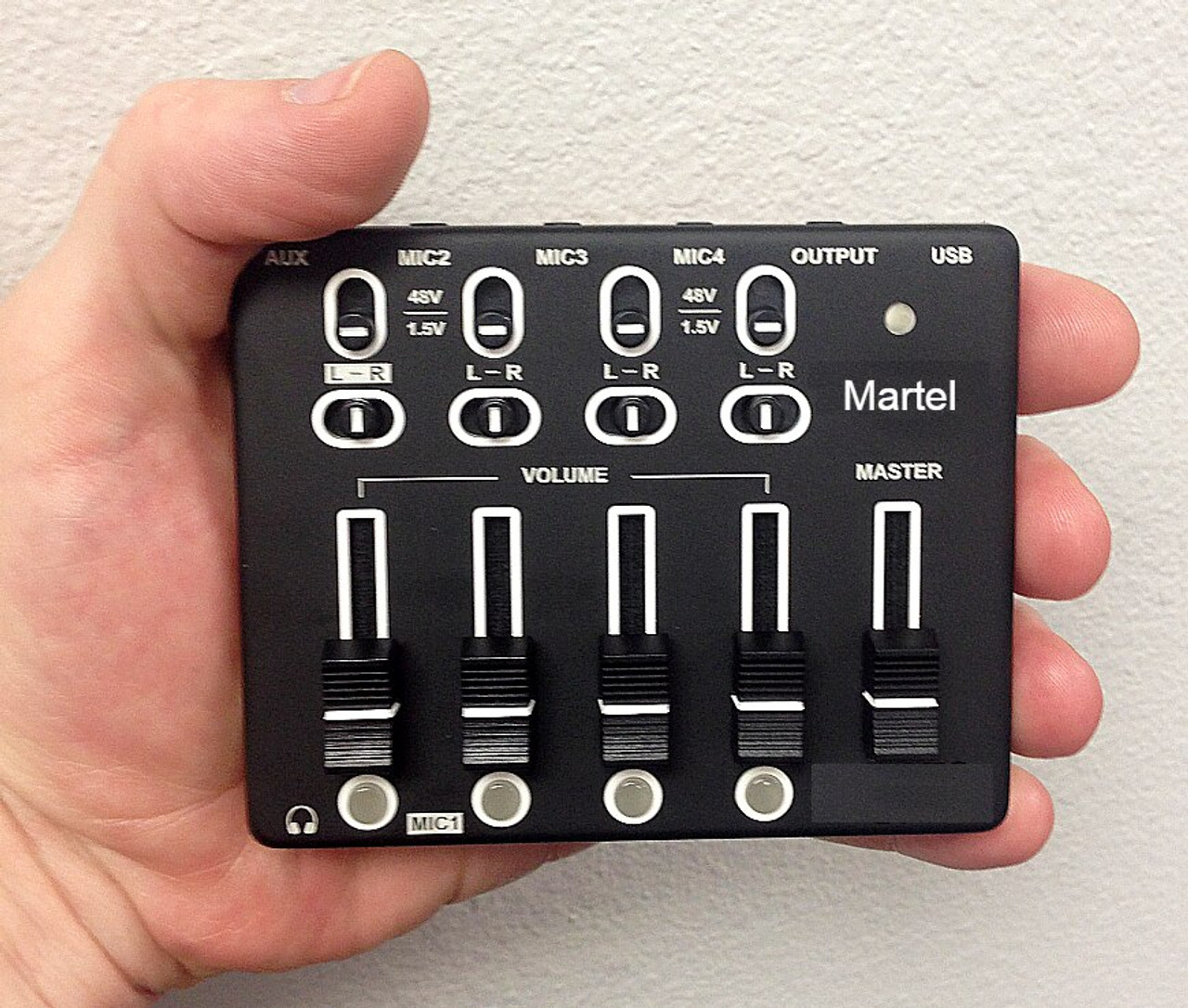What legal teams should know about storing and editing legal video depositions
The Importance of Lawful Video Clip Depositions in Modern Legal Solutions: What You Ought to Know
Legal video clip depositions have actually become necessary in today's lawful landscape. They supply a multidimensional view of witness testimonies that traditional records simply can not match. By recording both spoken and non-verbal communication, these depositions boost the general understanding of a witness's integrity. The efficiency of video clip depositions pivots on different factors, consisting of compliance with lawful requirements and best techniques. Discovering these elements discloses their real significance in modern-day legal solutions
What Are Lawful Video Depositions?
Lawful video depositions work as an important device in the litigation procedure. They entail tape-recording witness testaments in a video layout, recording both spoken and non-verbal communication. This method allows attorneys to record the demeanor, expressions, and responses of witnesses, providing a richer context for the testament. Commonly carried out in a regulated environment, these depositions are led by attorneys that ask inquiries while a court reporter documents the discussion. The resulting video clip can be essential for test prep work, as it makes it possible for lawyers to evaluate the credibility of witnesses and refine their techniques. Additionally, legal video clip depositions can be utilized in various legal contexts, ranging from civil conflicts to criminal situations. The aesthetic and auditory components of video depositions improve the discussion of evidence, making it a vital part in the modern-day lawful landscape. On the whole, they add substantially to the performance and performance of lawful process.

Benefits of Video Clip Depositions Over Typical Methods
Video depositions use countless benefits contrasted to standard approaches of taking witness testaments. One substantial advantage is the capacity to record both visual and audio elements, providing a more comprehensive record of the witness's statements. This twin layout boosts quality and allows lawyers to reference details subtleties throughout test preparation. Additionally, video depositions facilitate remote participation, making it less complicated for witnesses that might be inaccessible for in-person looks because of geographical restrictions or health issues.Moreover, video depositions can expedite the total deposition process, reducing the moment and prices connected with traveling and logistics. They also boost access, as taped depositions can be easily shared amongst lawful teams and referenced at any moment. This convenience adds to far better situation administration and prep work. Generally, video depositions stand for a modern-day, effective method to gathering witness testimonies, straightening with the progressing needs of the legal occupation.
The Role of Body Movement and Tone in Testimonies

In legal video clip depositions, body language and tone play crucial duties in conveying a witness's integrity and dependability. Nonverbal signs can offer understandings right into a witness's emotion, influencing exactly how their testament is perceived. Understanding the influence of these components is vital for lawyers and jurors alike when evaluating the dependability of a testament.
Nonverbal Interaction Insights
While spoken communication is often highlighted in legal testaments, nonverbal signs such as body language and tone play a vital duty in sharing credibility and emotion. Onlookers of depositions might keep in mind that a witness's position, motions, and face expressions can significantly affect assumptions of reliability. Consistent eye call may signify self-confidence, while preventing look might suggest dishonesty or pain. The tone of voice-- its pitch, volume, and pace-- can pass on feelings of sincerity or uncertainty. Lawyers must be in harmony with these nonverbal signals, as they frequently provide critical context that enhances talked words. Recognizing these subtleties can enhance the performance of depositions and influence the outcome of lawful process.
Emotional Tone Influence
The psychological tone shared during legal testaments considerably influences exactly how a witness is viewed. Body movement, singing inflections, and faces play important functions in shaping the narrative of a testimony. A witness showing confidence with constant eye get in touch with and a tranquil tone can infuse a feeling of dependability and interaction. Conversely, indicators of anxiety, such as fidgeting or an unsteady voice, may lead to apprehension concerning their account. The nuances of psychological expression can influence the analysis of truths, making it vital for lawyers to acknowledge these signs. In video depositions, the acoustic and aesthetic components incorporate, highlighting the significance of psychological tone in communicating genuineness and reliability within the lawful process.
Credibility and Trustworthiness
An important consider establishing reputation and dependability during statements hinges on the witness's body language and tone of voice. Observers often depend on non-verbal cues-- such as eye get in touch with, stance, and gestures-- to analyze a witness's sincerity. A witness who preserves eye get in touch with and displays open body language may be regarded as even more truthful and trustworthy than one who prevents eye get in touch with or appears closed off. Furthermore, intonation plays a crucial role; a consistent, calm tone can enhance the reputation of the testimony, while changes in pitch or quantity might elevate doubts. Ultimately, the mix of body language and singing tone greatly affects how a witness's statements are received and translated in a legal context.
Finest Practices for Carrying Out Video Clip Depositions
Carrying out video clip depositions calls for mindful preparation and implementation to guarantee a clear and effective presentation of testimony. First, it is very important to select a quiet, well-lit area to reduce diversions and safe optimum video clip high quality. The equipment should be examined beforehand, including cameras, microphones, and lights, to avoid technological problems throughout the deposition.Next, celebrations involved should assess the style and treatments beforehand, making certain that everybody understands their duties. The deponent should be oriented on the process, consisting of how to respond plainly and concisely.Additionally, maintaining an expert disposition throughout the session is crucial. This includes abstaining from speaking over each other and validating that all questions are guided suitably. It is crucial to tape the deposition in a layout that permits for easy playback and review, protecting the integrity of the testament for future usage.
Legal Considerations and Compliance Issues
Exactly how do lawful factors to consider and compliance issues affect the efficiency of video clip depositions? Attorneys must discover here navigate a complex landscape click for source of guidelines, making certain that video depositions follow jurisdictional policies and standards. Compliance with legislations worrying personal privacy, authorization, and recording methods is vital. As an example, getting specific approval from all celebrations included is essential to prevent lawful repercussions.Additionally, the admissibility of video clip evidence in court can pivot on conformity with step-by-step needs. Making certain that the devices utilized meets technological criteria is likewise crucial, as low quality can weaken the deposition's reliability.Moreover, lawyers should be mindful of any type of specific state regulations that regulate video depositions, as these can vary greatly. Failing to address these considerations can not just jeopardize the stability of the deposition but additionally affect the overall case technique, eventually impacting the customer's lawful end results.
Just How Video Depositions Impact Court Perception
While video depositions can work as effective tools in legal proceedings, their impact on court perception is substantial. The visual and acoustic aspects of video clip recordings offer jurors with a more detailed understanding of witness demeanor, reputation, and psychological responses. This multimedia strategy can improve the jurors' capacity to examine the reliability of statement compared to traditional text-based transcripts.Moreover, video depositions enable jurors to observe body movement, intonation, and faces, all of which can influence their analysis of the witness's declarations. The visibility of a witness on screen can humanize them, fostering empathy and link, which may sway jurors' point of views. On the other hand, a witness that appears untrustworthy or incredibly elusive on video might lead to unfavorable assumptions that affect a court's choice. Inevitably, the dynamic nature of video clip depositions plays a vital function in forming exactly how jurors translate proof and reach their judgments.
The Future of Video Clip Depositions in Legal Method
As improvements in modern technology continue to improve the lawful landscape, the future of video depositions is positioned for significant advancement. Innovations such as expert system, virtual fact, and enhanced video conferencing devices are anticipated to streamline the deposition process and enhance access. Attorneys might utilize AI-driven analytics to assess witness integrity and situation stamina a lot more effectively.Moreover, the assimilation of digital fact could allow courts to experience immersive simulations of depositions, providing deeper context and understanding. In addition, the fad towards remote depositions is most likely to linger, supplying greater versatility for customers and lawyers alike.As remote job becomes increasingly stabilized, video clip depositions will likely come to be standard practice, reducing expenses and time restraints linked with traditional approaches. Generally, these technological advancements assure to improve the efficiency, effectiveness, and accessibility of video depositions in lawful technique, inevitably changing exactly how legal specialists plan for trial.
Frequently Asked Questions
Just How Much Do Legal Video Clip Depositions Usually Price?

Can Video Depositions Be Utilized in Any Kind Of Sort Of Situation?
Video clip depositions can be used in numerous types of situations, including civil, go right here criminal, and household law. Their adaptability allows lawyers to existing witness statements properly, adjusting to the certain needs of different lawful situations.
What Tools Is Required for a Video Clip Deposition?
To carry out a video clip deposition, necessary equipment consists of a premium electronic camera, microphone, lights, and a dependable recording device. In addition, a computer system with editing software application might be essential for post-production and formatting the final video.
The length of time Does a Common Video Deposition Last?
A normal video clip deposition lasts in between two to 4 hours, relying on the complexity of the instance and the number of concerns postured. Extensive sessions might happen, however breaks are typically included for individual convenience.

Are Video Depositions Admissible in Court?
Video clip depositions are typically permissible in court, offered they comply with legal criteria and guidelines of evidence. Their usage improves clarity and maintains witness testimony, aiding in the judicial procedure throughout trials and hearings. Lawful video depositions have ended up being necessary in today's lawful landscape. Additionally, legal video depositions can be made use of in various lawful contexts, ranging from civil disputes to criminal situations. In addition, video clip depositions assist in remote engagement, making it much easier for witnesses that might be unavailable for in-person appearances due to geographical restraints or wellness issues.Moreover, video clip depositions can speed up the general deposition procedure, decreasing the time and costs associated with traveling and logistics. Making certain that the equipment made use of satisfies technical standards is additionally essential, as bad high quality can undermine the deposition's reliability.Moreover, lawyers have to be aware of any type of specific state legislations that control video clip depositions, as these can vary substantially. Furthermore, the pattern toward remote depositions is likely to persist, providing higher versatility for clients and attorneys alike.As remote job ends up being increasingly stabilized, video depositions will likely end up being typical technique, lowering expenses and time restrictions connected with typical methods.